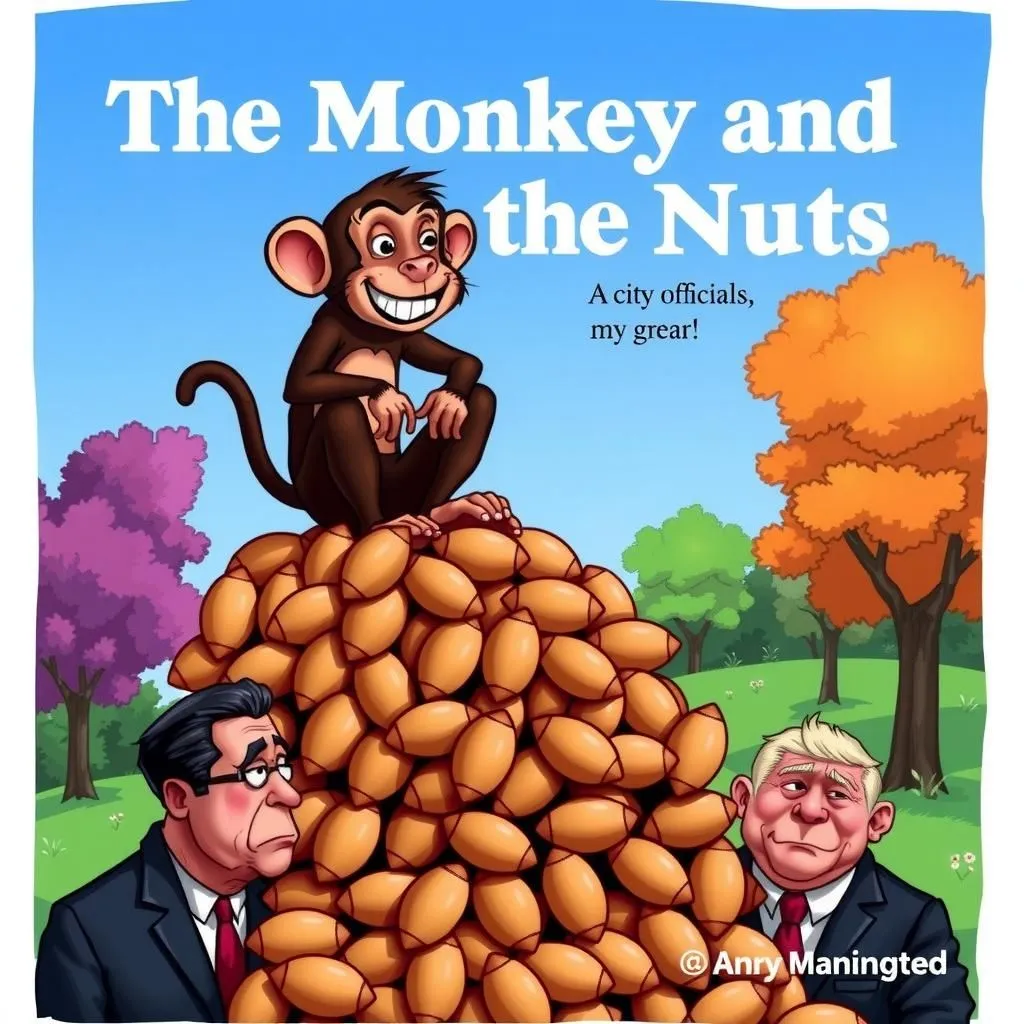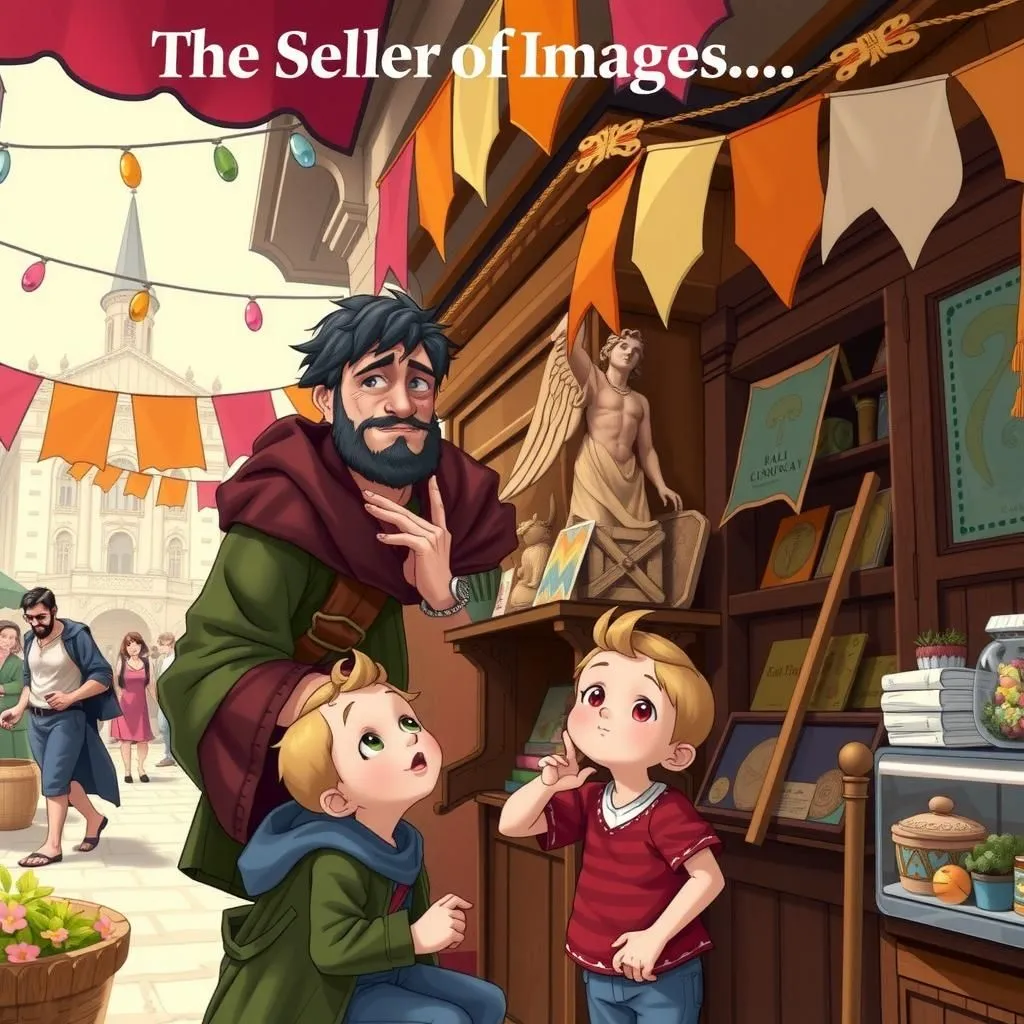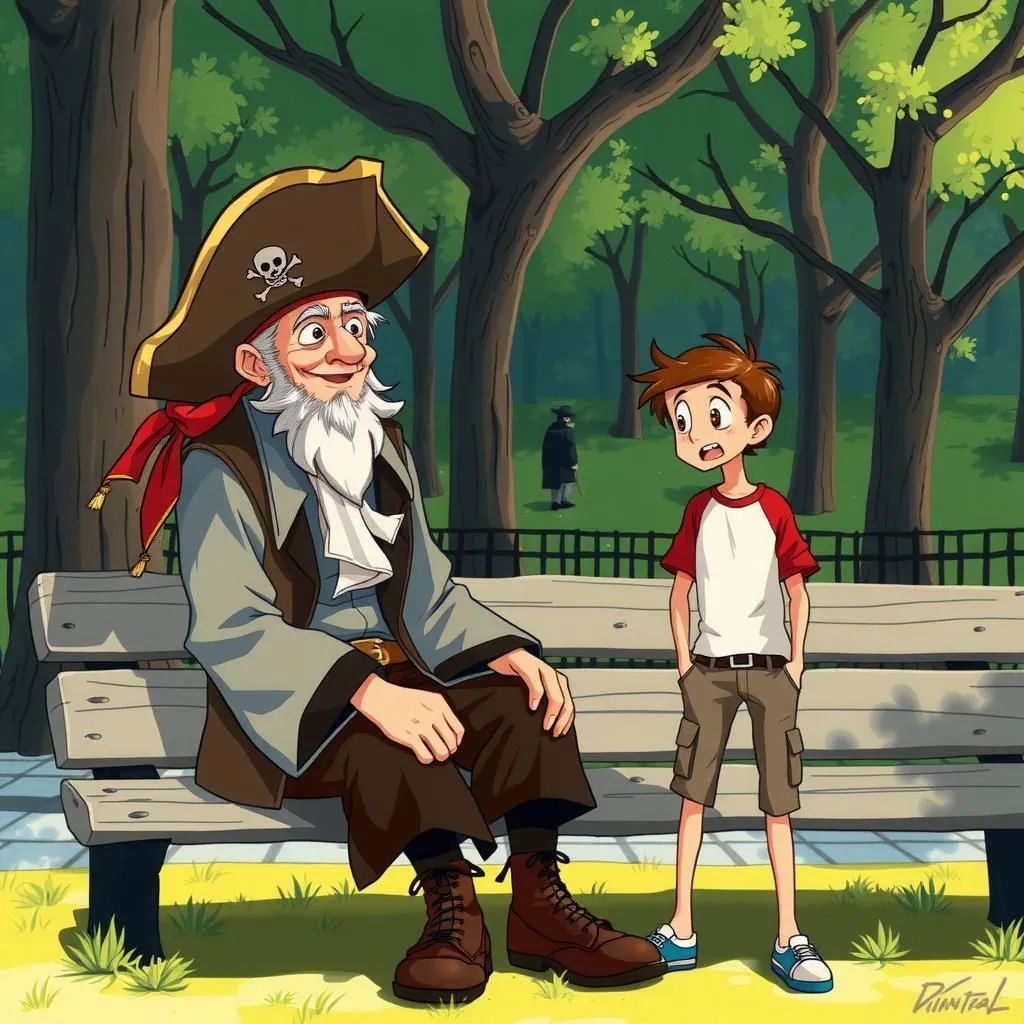
The Monkey and the Nuts
In "The Monkey and the Nuts," a certain city seeks to purchase land for a public deformatory but becomes entangled in greed as officials continually request more funds from the government. Their relentless demands lead to frustration, prompting the government to withdraw support entirely, leaving the officials empty-handed. This timeless moral story serves as an inspirational reminder of the consequences of greed and the limits of generosity, illustrating important lessons from moral stories that resonate across cultures.


